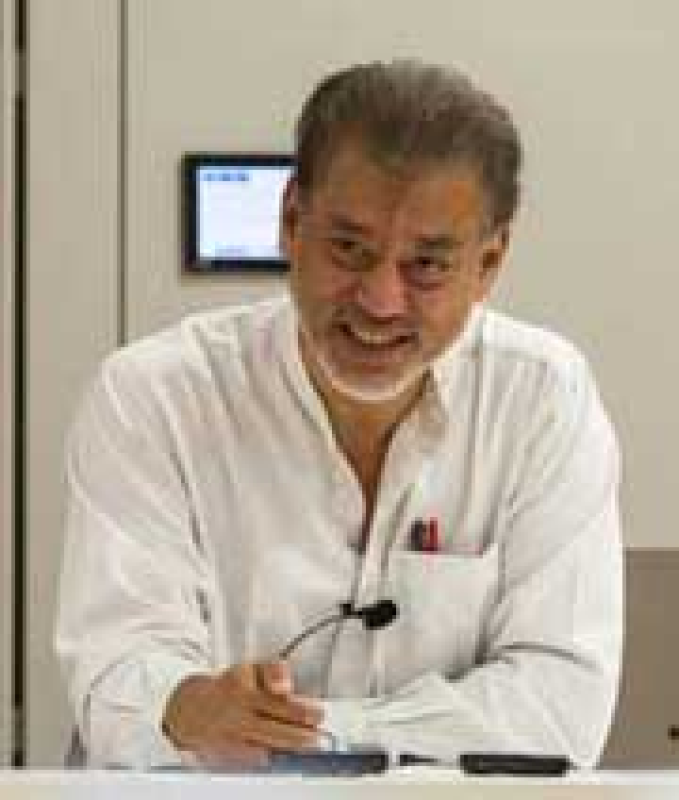- Iran vows to hit all ME economic hubs if US-Israeli attacks persist |
- Sammilito Islami Bank merger to continue: Governor |
- Biman Suspends Flights to Six Middle East Cities Over Tensions |
- Govt Announces 25pc Rail Fare Discount |
- Middle East War Puts Bangladesh Jobs at Risk |
Global South Urged to Embrace New Non-Alignment Path

Jomo Kwame Sundaram
The Global South has had little voice, let alone influence, in shaping the economically neoliberal and politically neoconservative globalisation that has led to today’s geopolitical and economic conflicts. Pacifist, non-aligned cooperation for sustainable development offers the best way forward.
Realising non-alignment for our times should begin with current realities rather than abstract, ahistorical principles. The year 2025 also marks the 70th anniversary of the beginnings of non-alignment, first proposed at the Asia-Africa Summit in Bandung, Indonesia.
The Association of Southeast Asian Nations (ASEAN) was established in 1967 by anti-communist governments of the region. In 1973, its leaders declared the area a Zone of Peace, Freedom, and Neutrality (ZOPFAN).
The world was deemed unipolar in American discourse after the first Cold War. Meanwhile, most of the Global South remained non-aligned in what the Rest viewed as a multipolar world.
Despite critical dissent, the West appears to have lost interest in preserving peace. Unsurprisingly, the US and its NATO allies increasingly ignore the United Nations. Foreign military interventions since the first Cold War already outnumber those of the earlier era.
During World War II, military production generated growth and employment in Germany, Japan, and the US. But development today is best achieved peacefully and cooperatively.
Pacifist non-alignment should reduce unnecessary military spending. Although big powers compete for hegemony by weaponising international relations, they still try to ‘buy’ support from the non-aligned.
Realistically, most small developing nations cannot lead international peace-making. But they can and should be a stronger moral force urging justice, peace, freedom, neutrality, development, and international cooperation.
The Group of 77 (G77) and the UN Conference on Trade and Development (UNCTAD) were both established in 1964. Based in Geneva, UNCTAD is part of the UN Secretariat but has been steadily marginalised.
The G77 has a formal presence across the UN multilateral system. It now has over 130 members, including China, though its impact outside New York has been limited in recent decades.
Sustainability challenges and planetary heating are generally worse in the tropics, where most people in developing countries live. Meanwhile, global hunger has worsened since 2014, and World Bank-reported income poverty has risen since the COVID-19 pandemic.
An inclusive and equitable multilateralism could better address these challenges, particularly peace and sustainable development, which are vital for progress in today’s troubled times.
While at Goldman Sachs, Lord Jim O’Neill coined the term BRIC to describe Brazil, Russia, India, and China. With South Africa later joining, they began meeting regularly.
As members of the G20, the BRICS initially lobbied on financial issues. They later included other large economies of the South but also incurred the ire of President Trump. While some nations have sought to join BRICS+, others have hesitated after being invited.
BRICS has yet to demonstrate strong and consistent advocacy for the interests of smaller developing economies. Many financially weaker nations doubt that BRICS+ will serve them well.
Higher US interest rates have triggered massive capital inflows, especially from the poorest countries, depriving them of finance at a time of greater need.
Meanwhile, aid levels have fallen sharply, particularly under Trump 2.0. Official development assistance (ODA) to the Global South is now below 0.3% of GDP—less than half the 0.7% commitment made in 1969.
Tax cuts have further squeezed the West’s already limited resources as stagnation deepens. Trump’s tariffs, US spending cuts, and greater Western military expenditure have worsened the global economic downturn.
The Global South must urgently promote a new non-alignment for peace, development, and international cooperation to address Third World challenges more effectively.
Even IMF Deputy Managing Director Gita Gopinath agrees that developing countries should opt for non-alignment to benefit from not taking sides in the new Cold War.
Apart from Brazil’s Lula, few statesmen of international stature have emerged since Nelson Mandela to lead the Global South. Although some dynamic new leaders have appeared, they have not yet assumed such responsibilities.
It is far easier to revive, reform, and reinvigorate the Non-Aligned Movement (NAM) than to start anew. Despite its declining influence in recent decades, it still holds potential for revitalisation.
Foreign policies are typically less constrained by domestic considerations, so they do not change as frequently with governments of the day.
Moreover, most developing country governments must appear to defend national interests to secure political legitimacy. Thus, even conservative governments may adopt surprisingly anti-hegemonic positions in multilateral fora, especially amid growing resentment of coercion and bullying.

